At Just 18, a Kazakhstani Entrepreneur Launched a Startup and Received $200,000 from Google and OpenAI

Damir Iskakov is 18 years old. Since school, he has been passionate about technology, and in high school, he launched his first startup — a platform for choosing educational institutions. Some time later, the service shut down. In March, Damir launched a new product: Vetra AI. It’s an AI secretary that automatically turns messages, files, and voice notes into tasks, meetings, and reminders, while syncing them with the calendar. Recently, the project received a grant of over $200,000 from Google, OpenAI, and Cloudflare.
For the joint project by Digital Business and Astana Hub, «100 Startup Stories of Central Asia», Damir shared how the idea for Vetra AI came about, how long it took to launch the first version, and the challenges his team faced along the way. He also talked about the process of securing grants from major corporations and what’s next for the project in the coming year.
«I completed a program that accepts only 4–6% of applicants»
– Damir, how did your journey in IT begin?
– I became interested in technology in 7th grade when I joined Yandex Lyceum. Over the course of two years, I studied Python, algorithms, and the fundamentals of team-based development. This experience gave me not only a strong technical foundation but also the confidence to move forward with my own projects.
I also took part in Veritas AI, an online program for high school students founded by Harvard graduates. Only 4–6% of applicants are accepted, and I was fortunate to be selected and awarded a full scholarship. During the program, I collaborated with students and graduates from Stanford, Harvard, Columbia, and Yale. My research focused on the intersection of artificial intelligence and finance, specifically, how machine learning models can be applied to investment analysis and market trend forecasting.
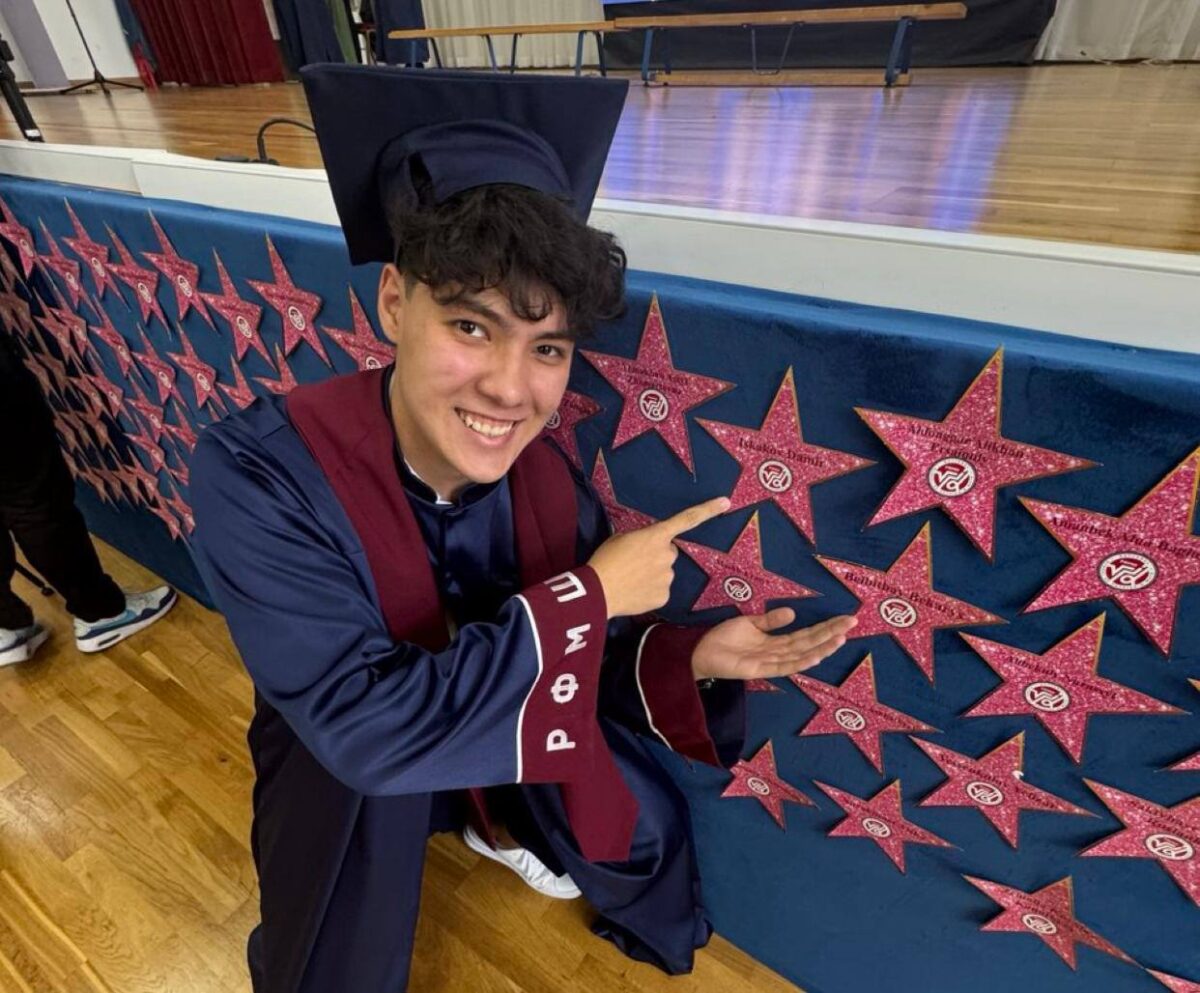
Damir Iskakov
My project was based on analyzing all the companies in the S&P 500 index. We applied popular investment strategies, built portfolio analytics, and trained models using historical data. Beyond the technical complexity, I also reflected on the philosophy of predictions: is it truly possible to forecast the market, or are we simply creating patterns we want to believe in?
This experience not only deepened my knowledge in AI and finance but also gave me insight into the standards and approaches of the global research community.
– Vetra AI isn’t your first startup. What other products have you worked on before?
– In 10th grade, I created RatingKZ, a platform for choosing educational institutions.
When my friends and I were searching for additional courses, we ran into a common but frustrating problem — it was almost impossible to tell which centers offered truly high-quality education. There was a lack of transparency, reviews, and tools to compare programs. Everything required hours of manual searching and asking for personal feedback.
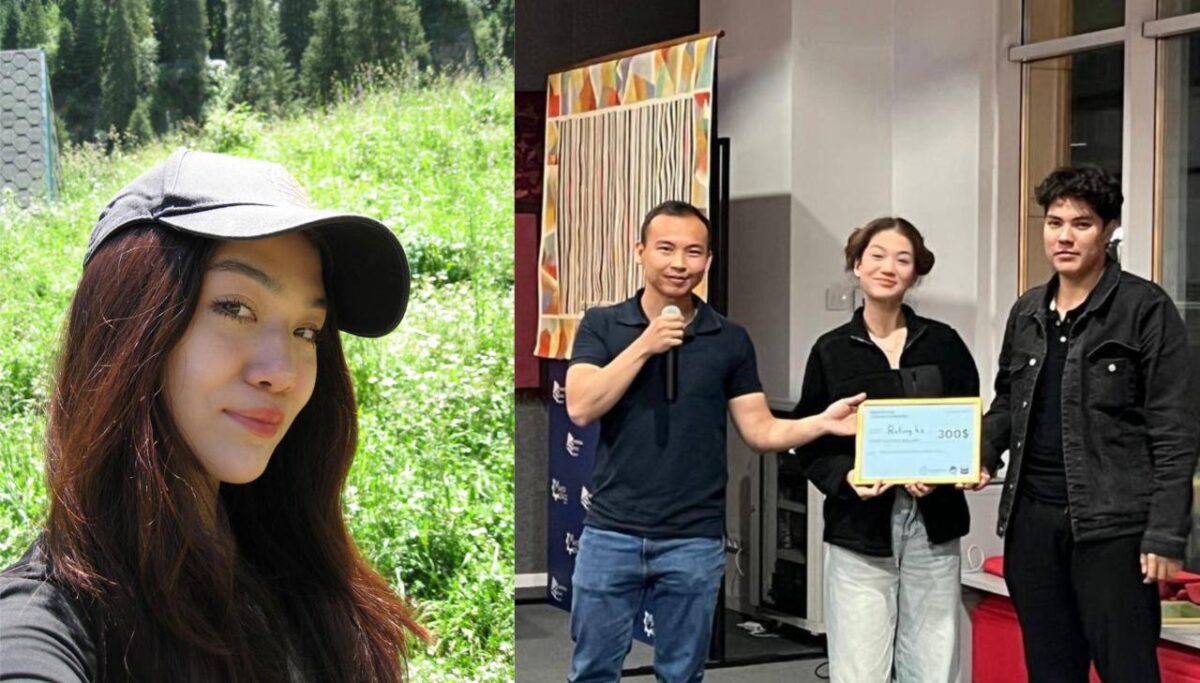
Valeriya Mukhizinova and Damir Iskakov
Together with my classmate Valeriya Mukhizinova, we decided to create a platform where students and parents could find suitable educational centers, compare options, and read real reviews. In the summer of 2023, we developed an MVP, and within the first few months, the platform organically attracted hundreds of users. Later, we added personal accounts, subject filters, an interactive map, a review system, and a course comparison feature.
It all started as a school project, but I wanted to approach it the way adults do, so I applied to the Jas Ventures acceleration program. That’s when I truly realized what building a real startup means. We had a tracker, attended workshops, and worked closely with mentors.
We also received support from the American Space & Maker Space center, where we took second place in their internal competition and won a $300 prize.
– Why did you decide to close the project?
– We realized we were facing two major roadblocks. First, the market was very localized, and scaling beyond specific cities in Kazakhstan proved to be difficult. Second, I felt like I wasn’t growing within the scope of the project — and for me, it was important to move forward and build something more complex. So, we decided to close RatingKZ. Still, the experience became my entry point into the world of startups.
«Managers spend 20% of their working time planning their day»
– How did the idea for Vetra AI come about?
– The idea for Vetra AI came to me in March, driven by a personal challenge. My days were packed with tasks, deadlines, messages, Zoom calls, and voice notes, and I was spending hours just trying to organize it all. When I tracked my time, I was shocked to find that planning alone was taking 5–7 hours each week. I also learned that managers spend up to 20% of their working time on the same. That’s when I realized: this process could be automated. That insight led to the idea of creating an AI assistant that could sort, structure, and manage incoming information on its own.
– How did you get started with the project?
– I applied to the Startup Garage program by Astana Hub. For three months, I attended workshops led by experts from 500 Global and founders of Silicon Valley startups, and I regularly worked with a tracker.

Midway through the program, there was a special matching session between founders and technical experts. That’s where I met my current co-founder and CTO, Yestai Yesenbai.
Yestai is a student at GIST University in South Korea and a full-stack developer with both academic and hands-on experience in AI. He plays a key role in shaping the architecture and implementation of Vetra AI.
– How long did it take to build the MVP?
– It took us about two months to build the MVP. That’s relatively long for a startup, but we went through an important strategic shift. Initially, we planned to develop the MVP as a website. However, we quickly realized that, for better accessibility and a lower barrier to entry, it would be more effective to launch it on Telegram. This decision fully paid off. Users could test the product without registration or complicated onboarding.
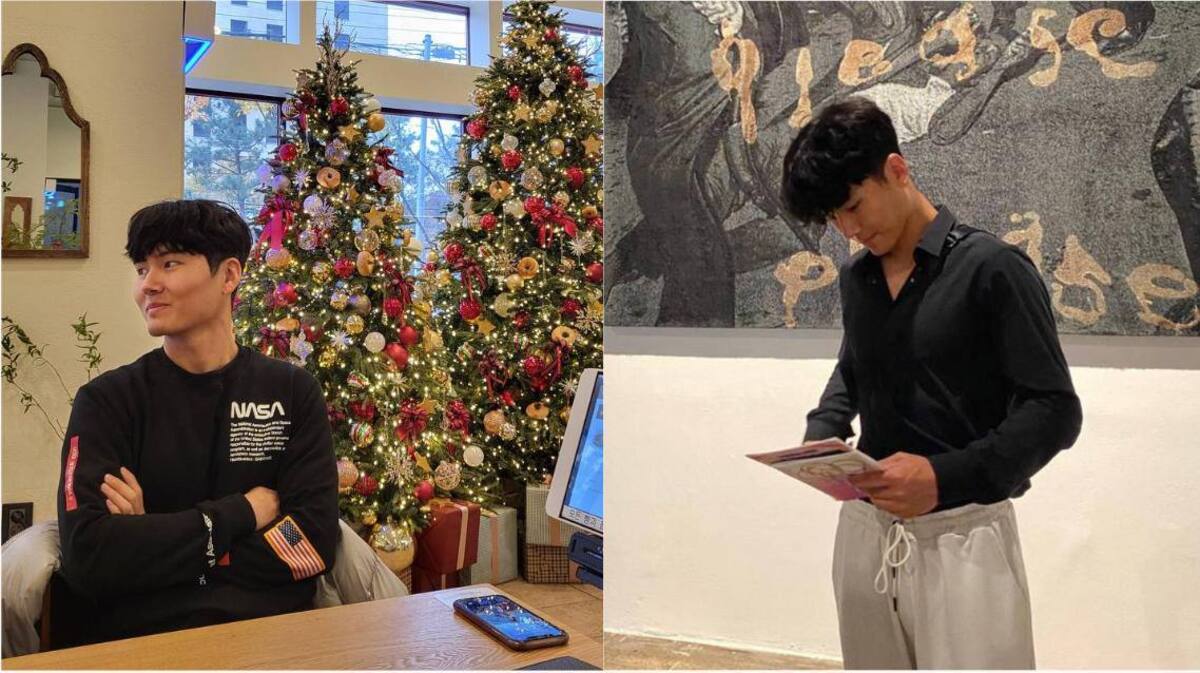
Yestai Yesenbai
One of the biggest technical challenges was that the first version of the MVP often misidentified event names, which led to inaccurate results. We didn’t want to leave a negative impression on early users, so we decided to train our own proprietary models using a dataset of over 7,000 examples.
– What does Vetra AI offer today?
– Vetra AI is an assistant that automatically transforms messages, files, and voice notes into tasks, meetings, and reminders, and syncs them with your calendar. A user can message the bot directly about a task, meeting, or deadline, or simply forward a message from another chat. Our system interprets the request and automatically adds the event to the calendar with a reminder.
Telegram is our first, but not our only, integration. The final product will also be accessible through our website and a standalone app. In the near future, we plan to add support for WhatsApp, email, and other platforms.
– How did early users respond to the product?
– Based on user feedback, we realized that people want the assistant to be as invisible as possible — something that works quietly in the background without requiring extra steps. Many noted that with Vetra AI, they started spending less time on planning and more on actually getting things done. At the same time, users also expressed the need for the assistant to handle not just meetings, but full task management. This became a key direction in our ongoing development.
«We’ve already attracted over 30 paying clients»
– Who are Vetra AI’s primary clients?
– We’re currently operating in pilot mode, but we already have 30 paying clients from various segments. On the B2C side, our users include freelancers, students, and solo entrepreneurs. Most of them came from our waitlist, where they were invited to test the early version of the product in Telegram. Many appreciated the convenient chat-based format and the automated planning features, and they placed a pre-order for the Pro version at a special price.
In the B2B segment, we’ve already received pre-orders from small companies and startup founders who saw the potential of Vetra AI as a tool for collaborative task and calendar management. These pre-sales are aimed at the upcoming launch of our corporate version.
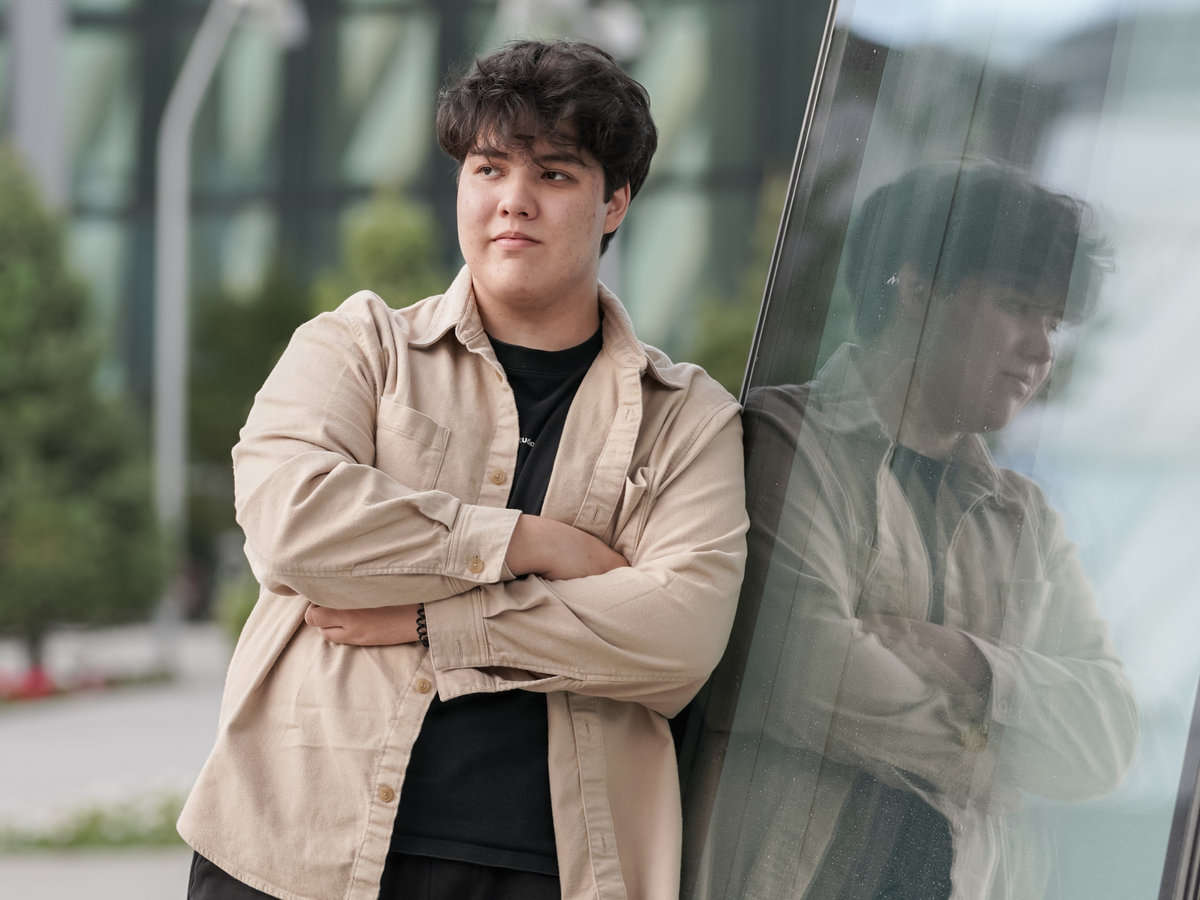
We also received pre-orders from educational centers, where managers previously spent hours coordinating schedules between students and teachers. With Vetra AI, this process now takes just minutes. It’s also made employee schedule management more efficient and reduced student no-shows.
In the next stage, we plan to build out comprehensive sales funnels, test acquisition channels, and focus on increasing LTV (lifetime value of the client, note by Digital Business) and conversion rates both for individual users and teams.
– What is the pricing for your services?
– For B2C clients, we currently offer a free version with a limited number of requests. Active users can upgrade to Pro access for $15 per month.
There's also an early offer: two months for the price of one, along with early access. We've noticed that after trying the product, users quickly get used to it and often place pre-orders. For companies, we offer a corporate subscription. The price is set at roughly half the cost of 20% of a manager’s average salary — the amount typically spent on task coordination. In return, businesses get error-free coordination and a virtual assistant that’s available 24/7.
– How is Vetra AI different from other solutions on the market?
– We’re building an assistant that works as an invisible layer and fits right into the tools people already use. That’s one of the main things that sets Vetra AI apart from the competition.
There are similar companies in the U.S., but in Central Asia, there’s nothing like it.
«We’ve received over $200,000 in grants from Google, OpenAI, and Cloudflare»
– How was the project funded?
– Everyone on the team worked purely for the idea. We spent very little of our own money, less than $1,000 in total (approximately 540,000 tenge, note by Digital Business).
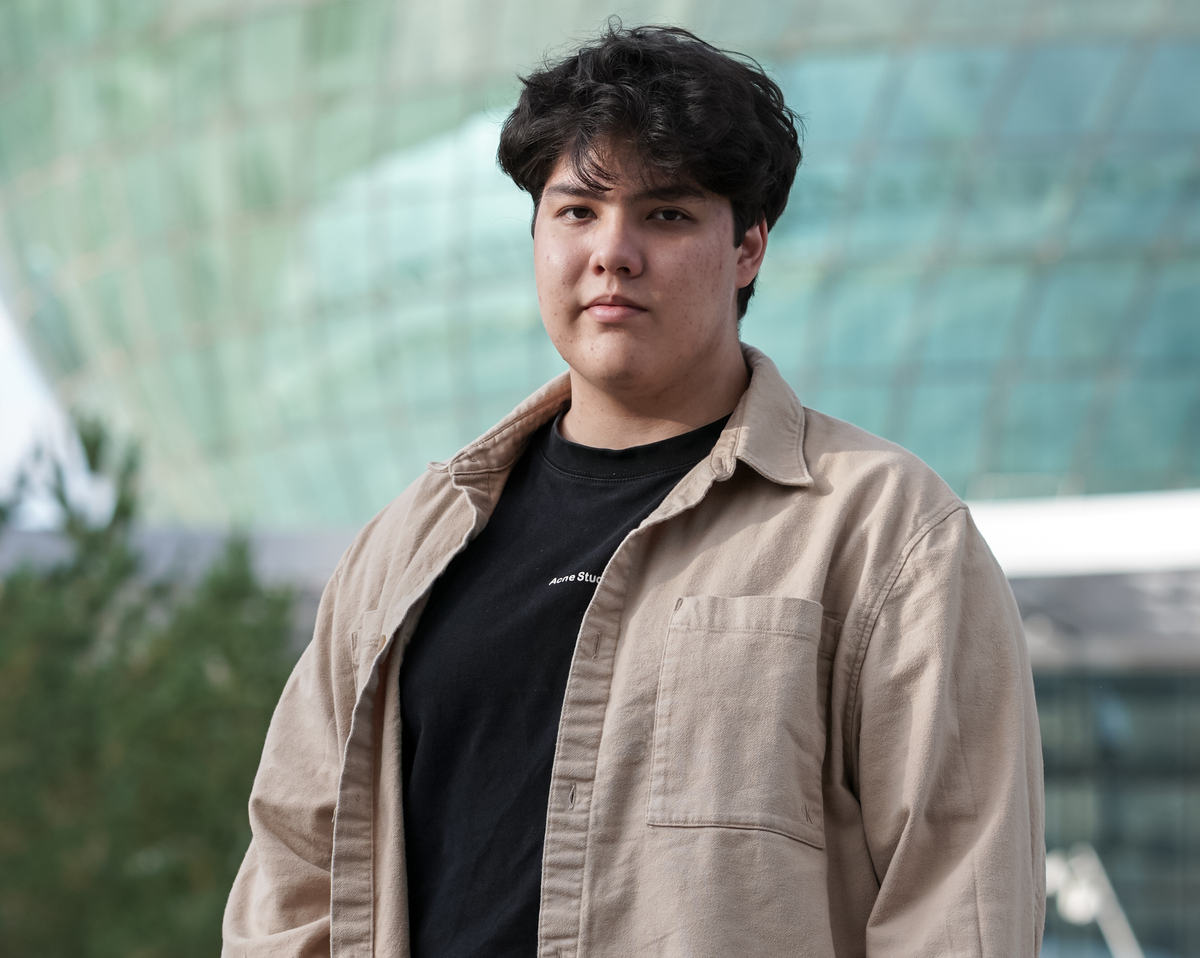
However, after completing the Startup Garage program, we began applying to support programs for startups from Google, OpenAI, and Cloudflare and ended up receiving over $200,000 in grants from them.
– What does it take to receive grants like that?
– Each company has its own process. In some cases, it’s enough to successfully pass the selection stage; in others, it requires an interview with a representative. For example, with Google, we had several interviews where we explained the product in detail. its use cases and potential.
– How do you plan to spend the funding?
– We’ll spend it to cover the key technological and operational needs of the project, for example, server architecture and cloud computing, development tools and services, as well as technical support and integration with messengers, calendars, and external data sources.
The grants don’t convert into cash, but they do cover significant expenses that would otherwise require investment. This allows us to focus on development and growth without putting heavy pressure on the budget.
– Do you plan to open a funding round?
– Over the past month, we’ve been contacted by several venture funds, primarily from abroad. We’re currently in the negotiation process. For us, investment isn’t about survival, it’s about growth. The interest in the product has already been validated through early pre-orders and user feedback. Our main goal now is to speed up development and take the product to the next stage.
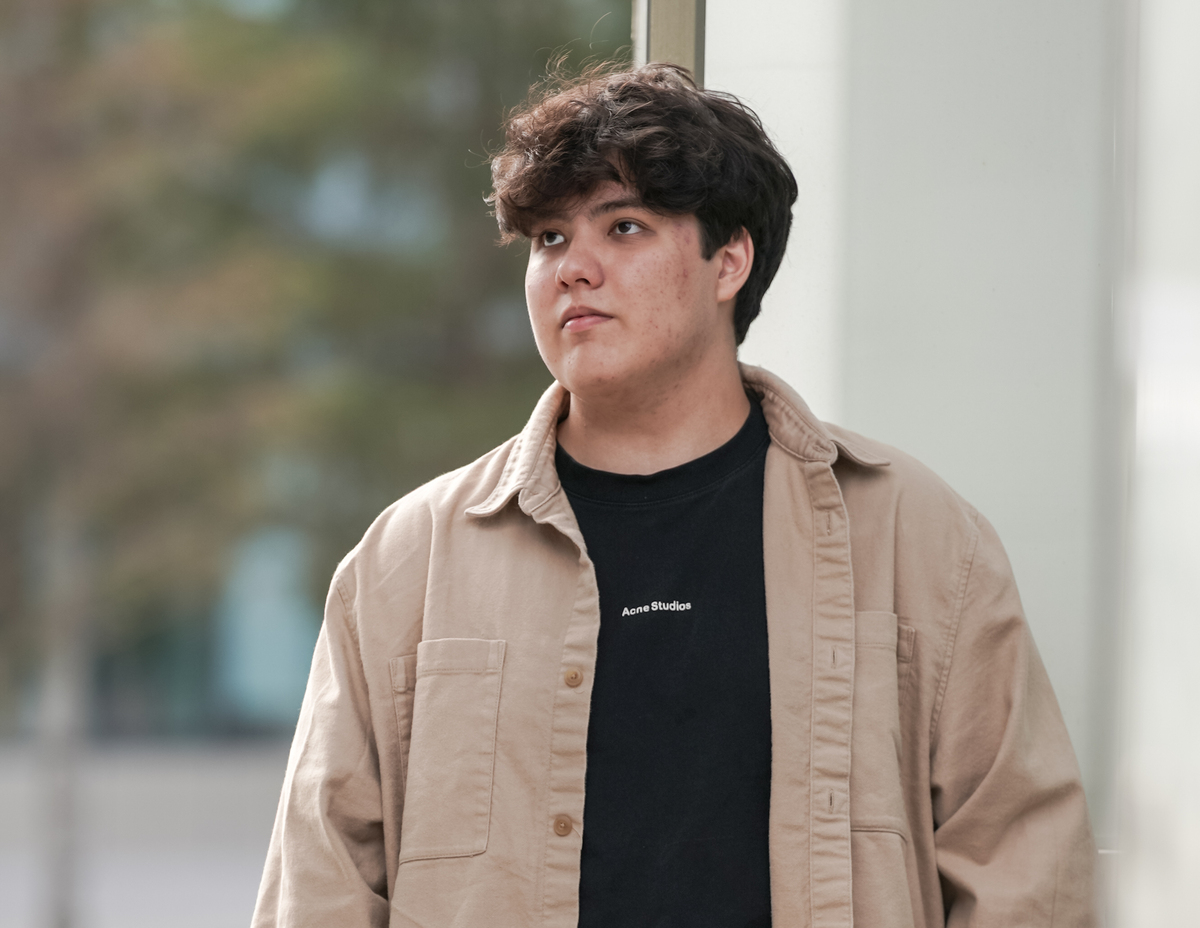
– How will the product develop over the next year?
– We are preparing to launch the public B2C version of Vetra AI with both a web interface and a Telegram bot. At the same time, we’re continuing to improve voice input and integration with Outlook and Apple Calendar. In Q4, we plan to enter international accelerators and expand the product to the corporate level, which will include team meeting analytics and KPI dashboards.
Our goal is for Vetra AI to become a tool that’s organically integrated into daily life and genuinely useful for users around the world. We already have early clients from the USA, Uzbekistan, and other countries, so from the beginning, we’ve been building the product with a global vision.


